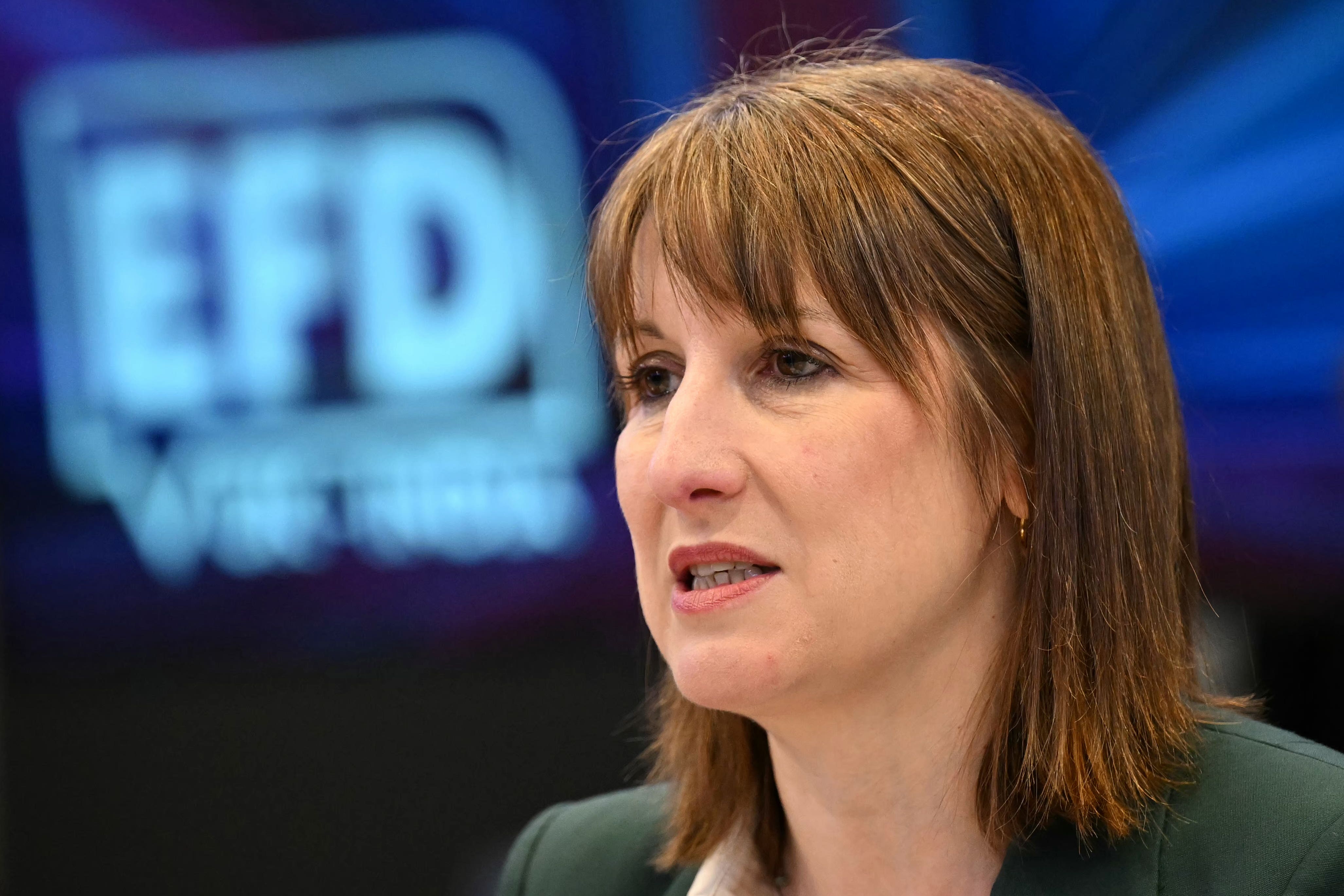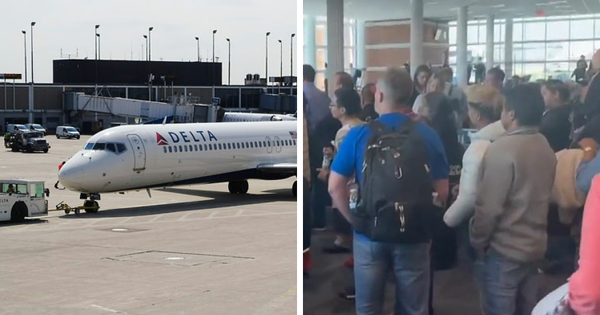Sir Keir Starmer has been warned against sacrificing too much in an attempt to secure a trade deal with Donald Trump, as hopes of avoiding tariffs appear to be fading.
It comes after an adviser to the US president said it would take an “extraordinary deal” for the UK to improve on the 10 per cent tariff Mr Trump has placed on the country.
Meanwhile, UK ministers appear to be increasingly downbeat about the prospect of a US-UK deal, with health minister Stephen Kinnock admitting that it might take some time. It comes despite officials previously insisting that talks were at an “advanced stage”.
Trade economist Simon Evenett told The Independent that the Trump administration seems “very reluctant to go below 10 per cent” on tariffs, warning the UK government against making too many sacrifices in an attempt to get a deal over the line.
It is understood that there is more appetite and optimism from UK officials to chase lower trade barriers with other countries instead.
It comes after economists on Thursday warned the prime minister he must accelerate cooperation with other leading economies because the US, under Mr Trump, had shown itself to be an unreliable trade partner.
The US president was forced to delay tariffs above his base rate of 10 per cent, which affects the UK, for 90 days, after days of market turmoil that sparked a fire sale of US government bonds. However, he later warned higher rates would return if countries were unable to strike fresh deals with the US.
Asked about hopes the UK could escape the baseline tariff, Mr Evenett warned: “I just haven't seen any signal from [the Trump administration] that they're willing to contemplate that. And the same is true on in the sensitive sectors [for aluminium, steel and cars], getting the tariffs below 25 per cent.”
“[The UK government] is stuck between a rock and a hard place on this stuff…. I think we're probably going to have to resign ourselves to the fact that it's a 10 per cent tariff going forward.”
He also warned that the US could prevent the UK from doing trade deals with other countries as part of an agreement – something he dubbed a “poison pill”.
“There is a risk, if one goes down the road of negotiating something with the US, that they put strings on who the UK can trade with, and this, of course, will all be about decoupling and de-risking from China.
“So I think that if we don’t pay a domestic price in terms of liberalising or deregulating health and safety standards and agriculture [the US] seems to so desperately want, then the price would have to be there.”
Former Treasury minister Jim O’Neill, who previously advised Rachel Reeves, agreed the UK was better off seeking other global trade deals.
“The damage - as the markets are quite rightly worrying about today - from the US and China tearing such large lumps out of each other - is bad for everyone. And that, itself, is way more important than any trade deal we do with the US”, he told The Independent.
Meanwhile, King’s College London economist Jonathan Portes warned that any agreement with the US would primarily be a matter of “damage limitation”, rather than offering major upsides. He said the UK would do better to use its concessions to secure a trade deal with India, rather than with the US for “temporary respite from Trump”.
Asked if the government is losing hope of getting a trade deal, Mr Kinnock told Sky News: "Things change all the time, so I think it's best for us to stay focused on the fact that we have that objective of getting a trade deal with the United States.
“And [business secretary] Johnny Reynolds and the prime minister and other colleagues are very focused on getting that deal.
“But of course, we also have to be prepared for the eventuality that we don't get it immediately, or that it takes some time to come.”
Sir Keir was forced to deny that the US president is refusing his calls, after it emerged that the pair hadn’t spoken on the phone trade taxes were slapped on Britain.
And Chancellor Rachel Reeves has insisted the UK is resolved to do everything it can to secure the “best deal possible” with the US.

“We continue to engage with our counterparts in the United States, and of course we want to secure the best deal possible for British jobs and British industry. And we are absolutely … resolved to do everything we can.
“But, at the same time, we also want to improve trading relations with other countries around the world”, she said.
Overnight on Thursday, Kevin Hassett, a senior economic adviser to Mr Trump, told CNBC: “I think everybody expects that the 10 per cent baseline tariff is going to be the baseline.It is going to take some kind of extraordinary deal for the president to go below there.”
He said the White House was in negotiations with around 20 countries and that two deals were almost closed.
Meanwhile, shadow chancellor Mel Stride accused the government taking a “reactive” approach to the US tariffs.
"The government should have been stepping up efforts for a trade agreement months ago. It was obvious to the whole world that the US administration was preparing to change tariff policy”, he told The Independent.
"Right now, the government’s posture appears reactive rather than strategic. Ministers must present a positive, forward-looking vision for a UK-US economic relationship that delivers mutual benefit."
The Department for Business and Trade has been contacted for comment.
Stock markets down again after China raises tariffs to 125% in retaliation: Live
NHS warned as AI ‘could harm patients’, researchers claim
UK government recalls Parliament for emergency legislation over saving British Steel
Mapped: Worst areas for GP appointment waits revealed
From Gove to Cleverly: Who is on Rishi Sunak’s resignation honours list?
Tariffs live: Global markets unstable as Trump says US policy ‘doing really well’







